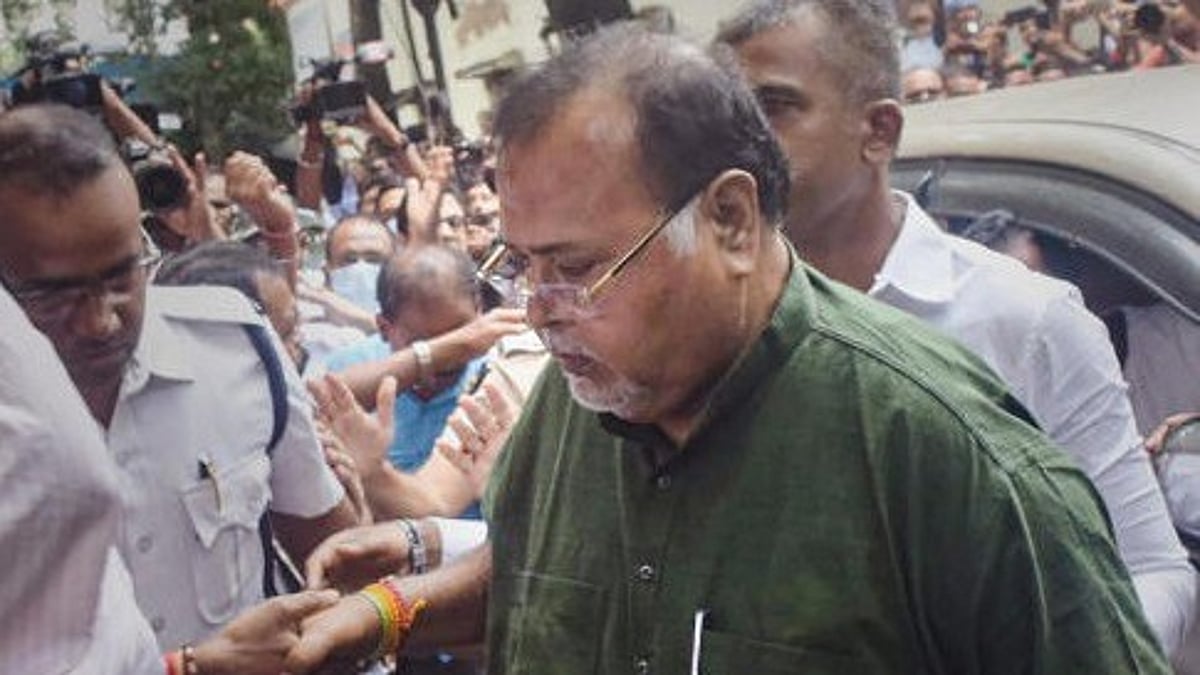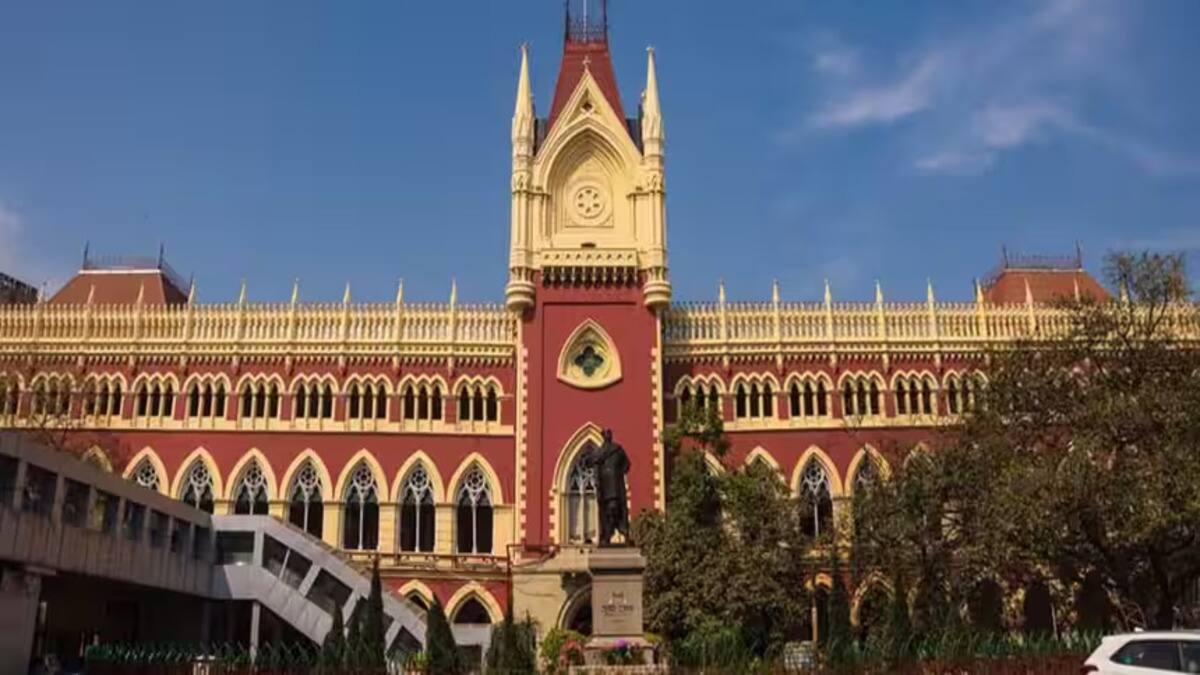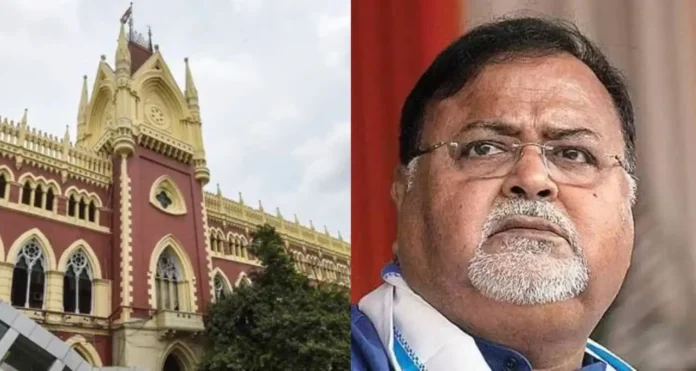The Calcutta High Court has denied bail to former West Bengal education minister Partha Chatterjee and four other individuals implicated in the infamous cash-for-jobs recruitment scam. The decision comes after a split verdict by a division bench on earlier bail applications. Justice Tapabrata Chakraborty rejected the pleas, emphasizing the gravity of economic crimes and the potential influence of the accused over witnesses and evidence.
Bail Rejected: Key Court Observations
Justice Chakraborty, in his detailed order, highlighted that parity alone cannot justify granting bail, even when co-accused individuals have been released. He stated, “The Court has to satisfy itself that, on consideration of more materials placed, further developments in investigations, and other different considerations, there are sufficient grounds for releasing the applicant on bail.”
The court underscored that economic crimes and corruption represent offenses of a unique category, affecting public interest and governance. Justice Chakraborty noted, “A crime of this nature would fall in the category of offenses which travel far ahead of personal or private wrong.”
Justice Apurba Sinha Ray, in his earlier opinion, called the accused “masterminds” of the recruitment scam and stated that granting them bail could lead to potential witness intimidation and evidence manipulation. Both judges agreed that the accused remain highly influential, necessitating their continued detention.

Background of the Recruitment Scam
The recruitment scam dates back to allegations of irregularities in hiring teachers and staff in government-aided schools across West Bengal. Investigations revealed that appointments were made in exchange for substantial bribes, undermining the integrity of the state’s educational system.
Partha Chatterjee, the former education minister and a senior Trinamool Congress leader, was arrested by the Enforcement Directorate (ED) in July 2022. His arrest followed raids at multiple locations, including properties linked to his close aide Arpita Mukherjee. During the raids, investigators recovered large sums of cash, gold, and incriminating documents, including appointment letters issued in exchange for bribes.
The investigation expanded to include several high-ranking officials and intermediaries who allegedly facilitated the appointments. The scam has drawn widespread criticism, shaking public trust in the state’s governance and education system.
Role of the Accused
The High Court identified Partha Chatterjee and the other four accused — Subiresh Bhattacharjee, Kalyanmoy Gangopadhyay, Ashok Saha, and Shanti Prasad Sinha — as key orchestrators of the scam. Justice Ray stated, “The record reveals that the present applicants were the masterminds and they orchestrated the entire scam.”
Unlike other accused individuals who acted as middlemen or agents, these five were allegedly at the center of the operation, leveraging their positions of power to manipulate recruitment processes. The court observed that their release could jeopardize the investigation and intimidate witnesses.

Split Verdict and Unified Decision
The earlier split verdict had divided the court, with differing views on whether the accused posed a risk to the investigation if released on bail. Justice Chakraborty’s current order resolved the divide by siding with Justice Ray’s opinion to deny bail.
Justice Ray emphasized the influence of the accused, stating, “The five applicants… are still influential, and there are chances of manipulating, influencing, intimidating witnesses if they are enlarged on bail.”
The court’s decision to dismiss the bail applications reflects its commitment to ensuring a fair and impartial investigation into the scam.
Implications of the Verdict
The denial of bail sends a strong message about the judiciary’s stance on economic crimes and corruption. By highlighting the broader societal impact of such offenses, the court has reiterated that crimes involving public resources and trust require stringent scrutiny.
This case also underscores the importance of maintaining judicial independence in politically sensitive cases. As investigations continue, the focus remains on uncovering the full extent of the scam and holding those responsible accountable.

